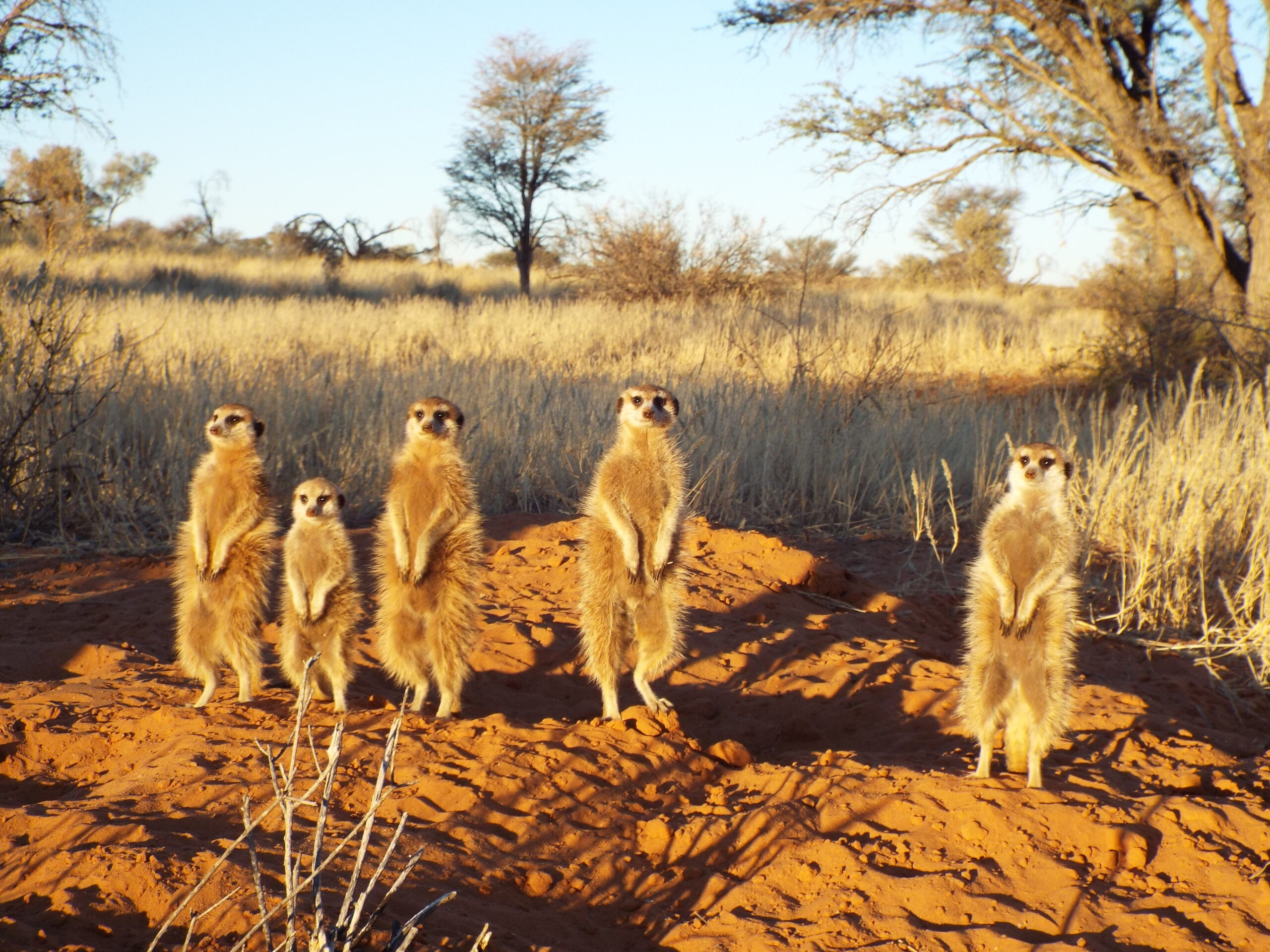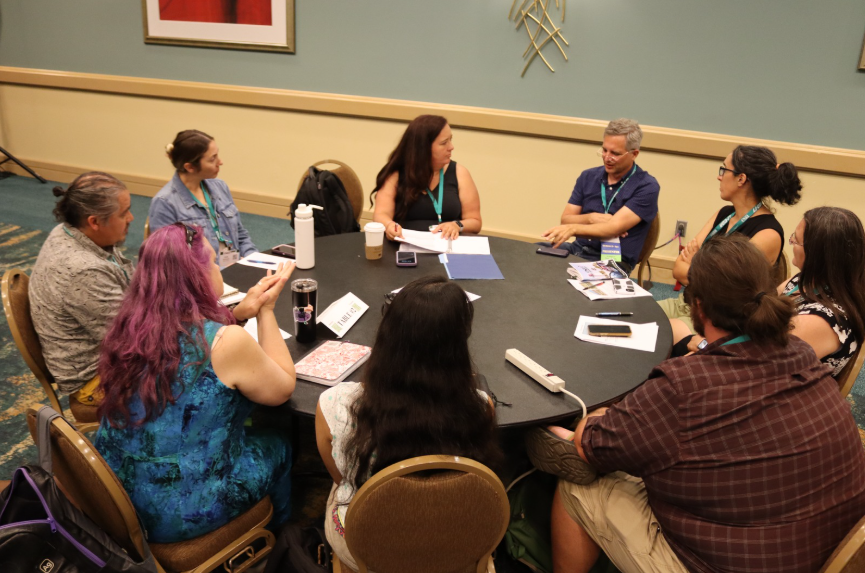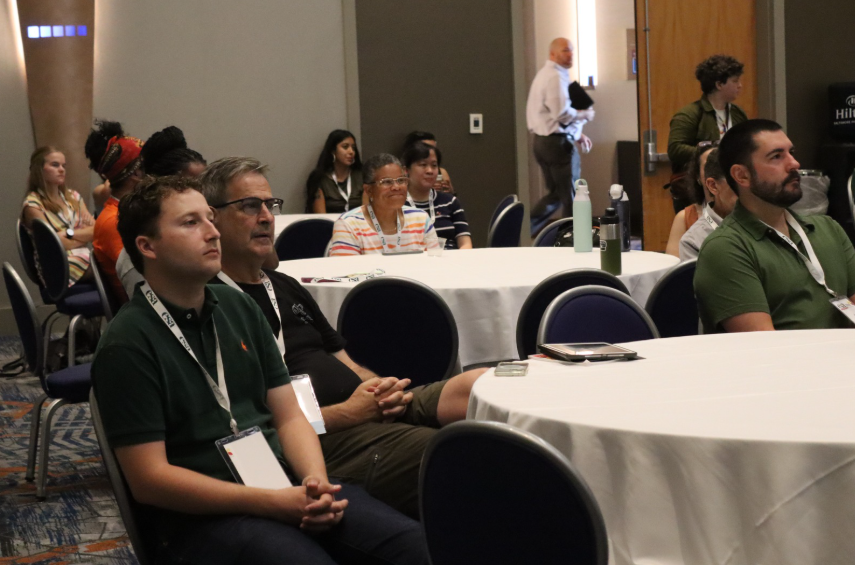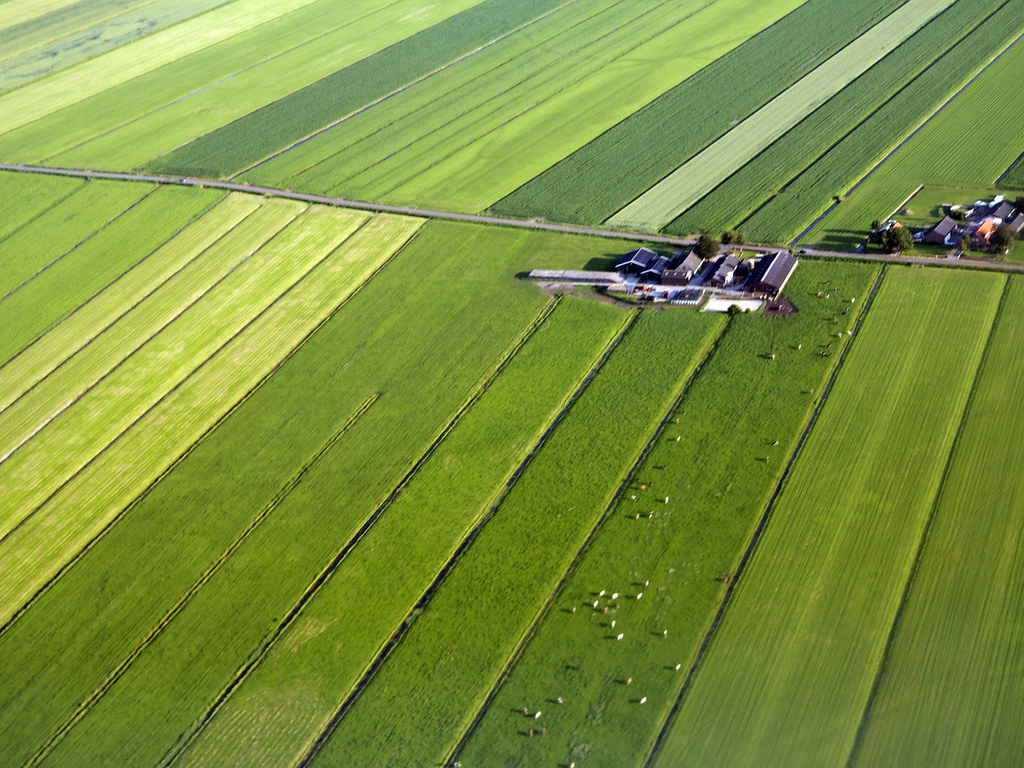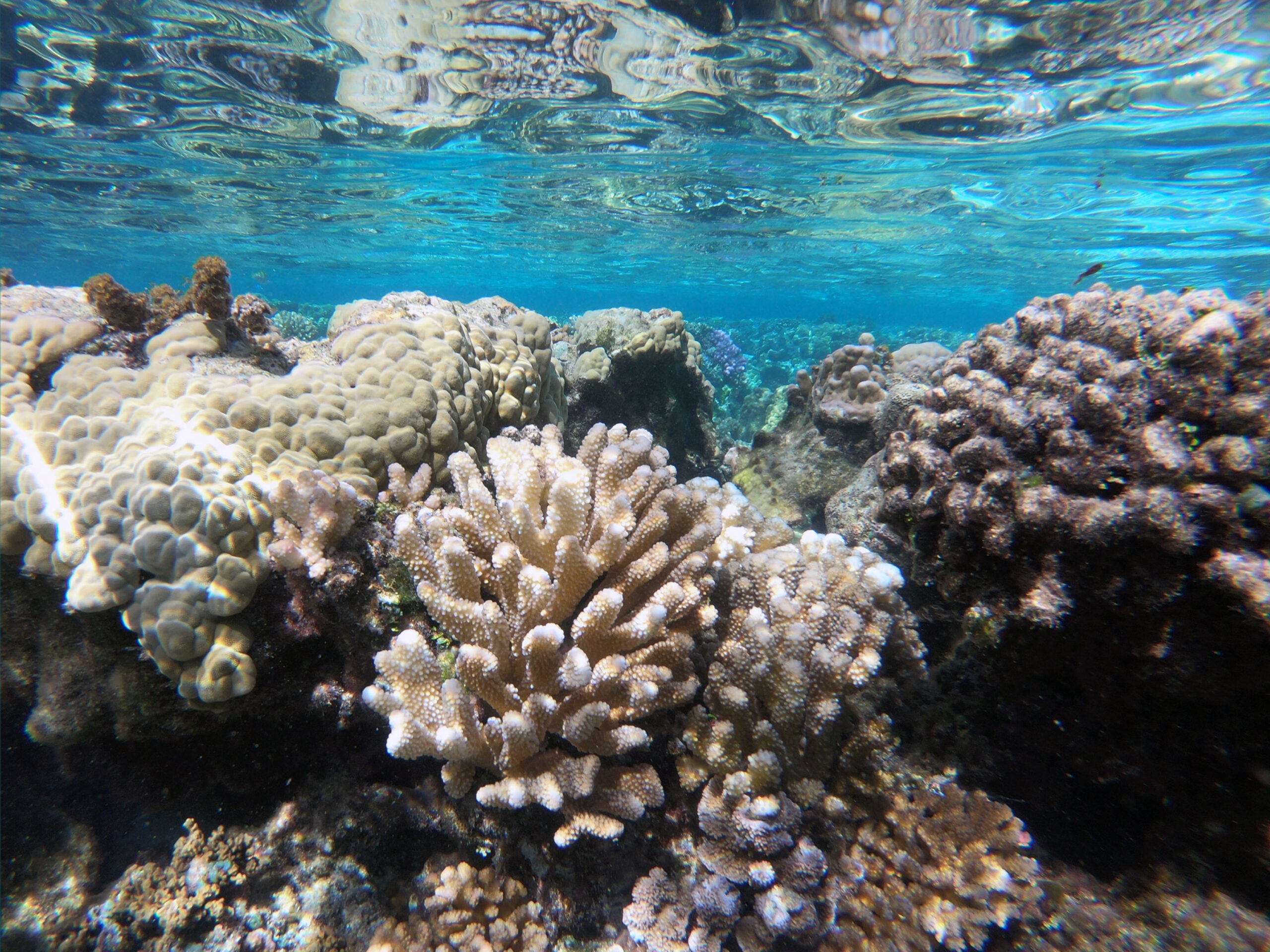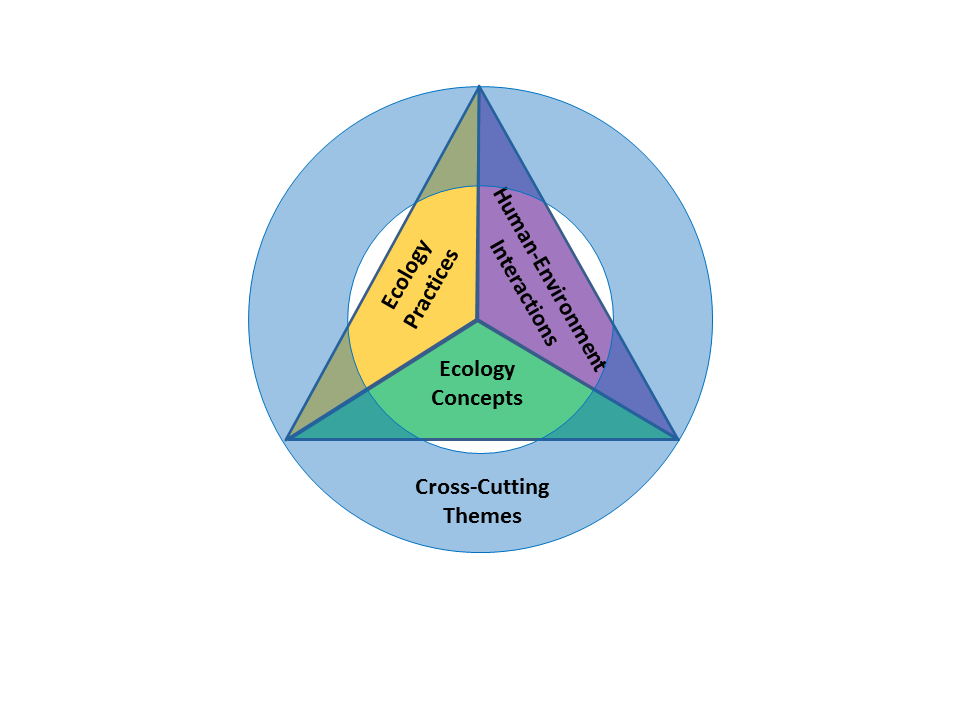
4DEE Framework
Four-Dimensional Ecology Education Framework (4DEE) The 4DEE framework describes a set of concepts and practices central to undergraduate ecology in any disciplinary context. The framework was endorsed by the ESA Governing Board in 2018. It seeks to: Transforming Ecology Education to 4D (TEE) Transforming Ecology Education to 4D (TEE) is a Research Coordination Network (RCN) for undergraduate biology education funded by…
Read More